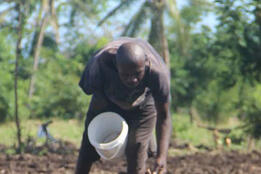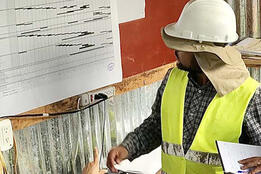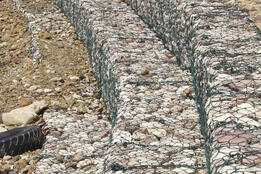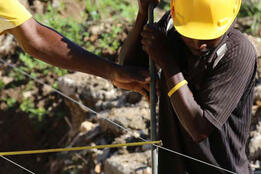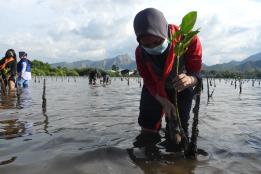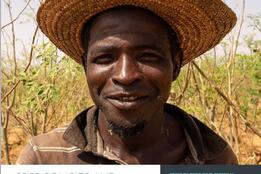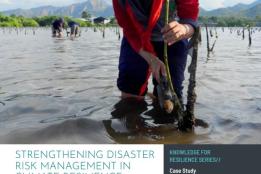Haiti is a small country occupying the western half of the Island of Hispaniola, which it shares with Dominican Republic. The country’s geographic location in the path of Atlantic hurricanes, combined with steep topography from which all major rivers flow to the coast, makes the country particularly vulnerable to floods, cyclones, droughts, and landslides. Its vulnerability is exacerbated by extensive deforestation, which has left the upper reaches of its western basins bare.
INVESTING IN HAITI

CIF’s investments in Haiti are through its Pilot Program for Climate Resilience (PPCR) and Scaling up Renewable Energy Program (SREP). Haiti is one of six Caribbean island nations participating in a regional PPCR program to improve climate data collection, analysis and sharing, and pilot innovative climate resilient initiatives.
In line with its own strategic plan for climate resilience under PPCR, its $22 million PPCR investment plan aims to mainstream climate change into national development planning and support measures to climate-proof infrastructure in agriculture and coastal cities in vulnerable target areas, as well as upgrade hydrometeorological and climate services.
Haiti's $27-million SREP investment plan aims to support on- and off-grid renewable energy projects in both urban and rural settings by tapping into the country's wind and solar potential, in order to provide reliable electricity to households, businesses, and institutions.


